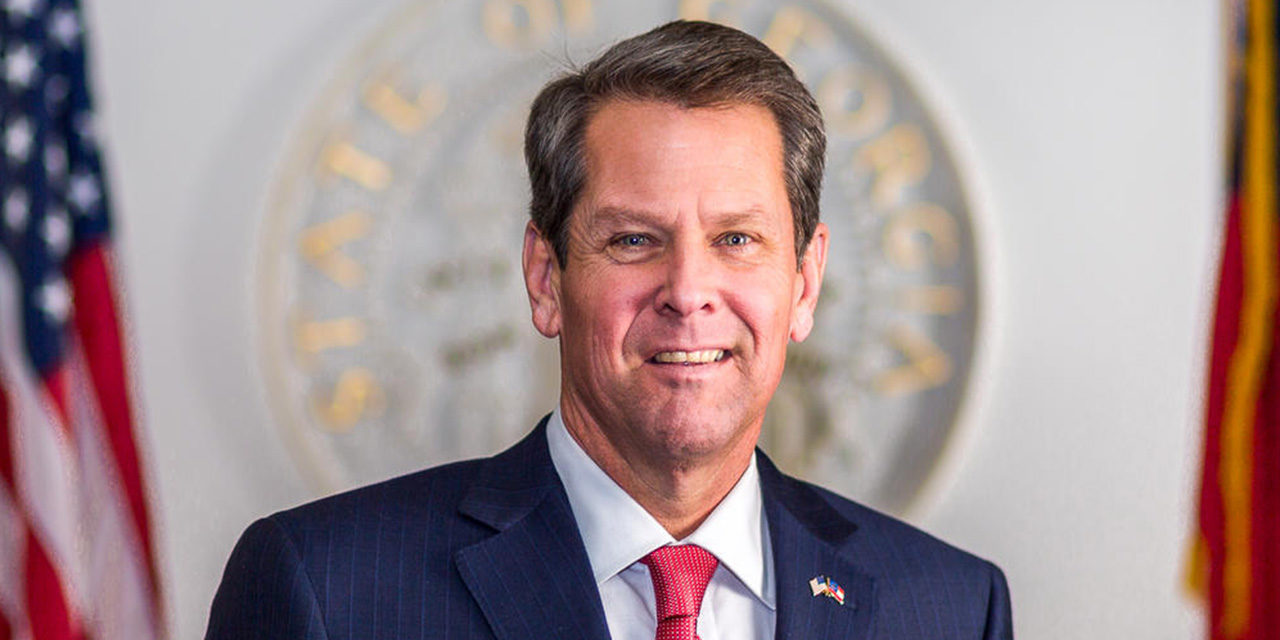Reacting to the spate of church closure orders issued around the country from various governors during the COVID-19 pandemic, one governor has drawn a line in the sand and, in effect, said, “Not in my state.” Georgia Governor Brian Kemp (R) has introduced a bill in the state legislature entitled the “Faith Protection Act” to shield churches in his state from being ordered closed by him or any future governors acting under the state’s emergency powers statute.
The bill is fairly straightforward. In one short paragraph, the proposed language states:
“Chapter 3 of Title 38 of the Official Code of Georgia Annotated, relating to emergency management, is amended in Code Section 38-3-51, relating to emergency powers of Governor, termination of emergency, limitations in energy emergency, and immunity, by adding a new subsection to read as follows:
“No power granted under the provisions of this Code section shall be utilized to specifically limit the practice of any religion.”
Kemp issued a press release explaining the need for the legislation.
“During the COVID-19 pandemic, people of all faiths across America were told by state governments how, where, when, or even if they could worship at all. Not in Georgia. We chose to work alongside congregations across our state to ensure they practiced their faith safely and in accordance with public health guidance,” Kemp said.
“The Faith Protection Act will ensure the emergency powers of any governor of Georgia in the years to come are not used to limit the God-given right to worship. In Georgia, we never shuttered churches, synagogues, or other places of worship because we value faith, family, and freedom.”
Interviewed on SiriusXM’s Breitbart News Daily with host Alex Marlow, Kemp further explained, “I want Georgia to be known as a sanctuary state for people of faith.”
“That’s a fundamental right here in our country and in our state, and so this legislation will prevent me or any future governor from being able to shut down religious services,” Kemp added.
The pandemic created a public health emergency in most states, where necessity requires quick measures responsive to the emergency. Historically, and in recognition of that rare need for emergency authority, many state legislatures have granted the governor and/or public health officials the authority to issue temporary orders for the public good. That has resulted in lockdowns, stay-at-home orders, and mask mandates from governors and/or state public health officials.
Churches have not been permitted to meet in several states because of those emergency mandates.
But “temporary” has turned into month after month of such orders being extended, with the result that churches in states such as New York, California, Kentucky, Mississippi and elsewhere had to file lawsuits to fight against the unequal treatment they were receiving. In some states, which Kemp noted, liquor stores and marijuana outlets were deemed “essential services” and allowed to remain open, while churches were required to remain closed.
“It’s very frustrating for a lot of people in Georgia, including myself,” Kemp said.
Photo from georgia.gov






